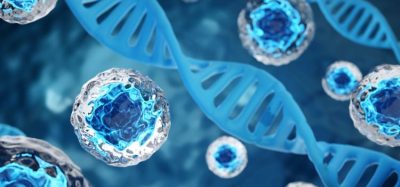Microbiome therapies: a maturing movement
Posted: 27 June 2023 | Catherine Eckford (European Pharmaceutical Review) | No comments yet
On World Microbiome Day 2023, Hervé Affagard, CEO and co-founder of MaaT Pharma and Jeffrey Silber, Chief Medical Officer of Vedanta Biosciences delve into the current innovative landscape of microbiome-based therapeutics.
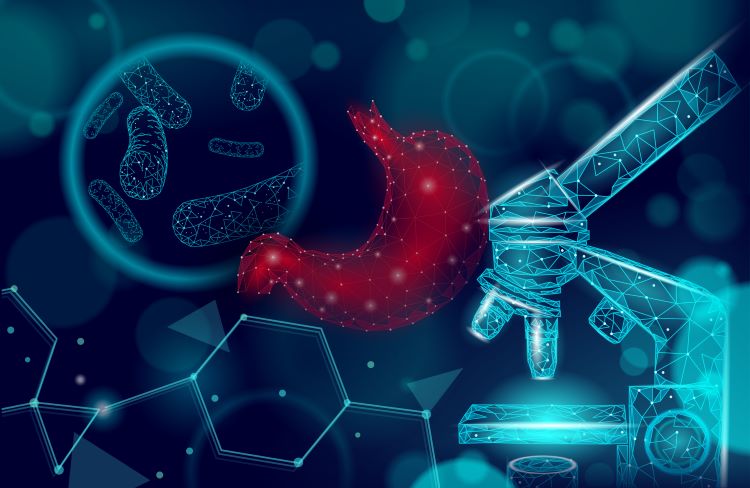

Riding on the momentum of the first faecal microbiota product approved for C. difficile in December 2022, the microbiome therapies space in 2023 has continued to see revolutionary developments and continued research advancement.
Recent developments in microbiome therapeutics
In May this year, first-in-human study interim results revealed that a CRISPR-based microbial gene therapy can “eliminate antibiotic-resistant E. coli strains in the gut”.
Notably, gut microbiome was found to linked to cancer CAR T therapy response, based data from the largest prospective study of its kind, published in Nature Medicine in March 2023.
This followed results from a large metagenomics study published in November 2022, in which gut microbiome was identified as a key part of Parkinson’s pathogenesis.
For World Microbiome Day on 27 June 2023, EPR put questions to Hervé Affagard, CEO and co-founder of MaaT Pharma and Jeffrey Silber, Chief Medical Officer of Vedanta Biosciences, to find out how the field is progressing and what innovations could transform future microbiome-based therapies. Based on current innovations, “this is the era of personalised medicine,” according to Silber.
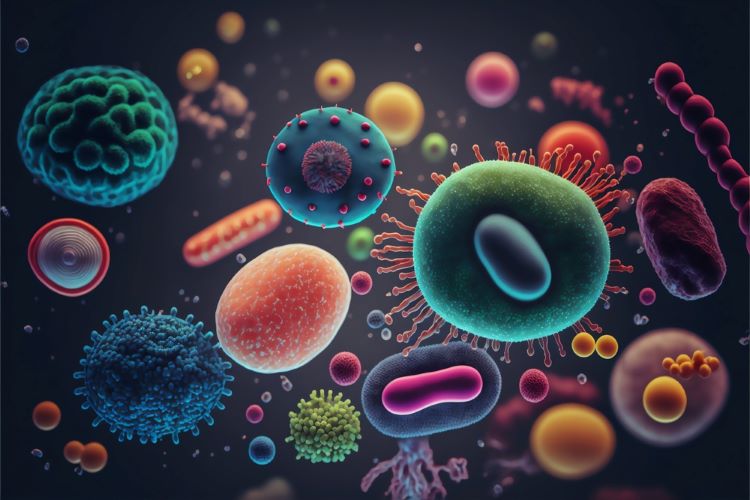

What are the main challenges of developing microbiome therapies?
Hervé Affagard (HA): Developing microbiome therapeutics as well as every other new therapeutic modality comes with several challenges that need to be addressed carefully to ensure patient safety and maximise the potential benefits of these treatments. At MaaT Pharma our donor-derived products are made through pooling (ie, mixing multiple donors), thus achieving a higher overall richness and standardisation of the resulting drug product. A patented cryoprotectant ensures a high preservation and viability of the collected gut microbiota.
Regulatory challenges for microbiome-based therapeutics
Microbiome-based therapies are new modalities, and each European national competent authority decides whether it should be regulated as a drug “or something else”. Conversely, in the US, it has always been clear and regulated as a drug.
The new proposed directive1 for medicinal product has introduced a new biological medicine category which will cover microbiome-based therapies.
MaaT Pharma’s products include as active substances allogenic faecal microbiota. Pooled with this new regulatory text, the product will undoubtedly be categorised as drug in all European countries. This advancement will certainly pave the way for more marketing authorisation’s microbiome-based therapies in Europe.
Commercialisation of future microbiome-based products
Recent approvals from VOwst (Seres Therapeutics) and Rebyota (Ferring Pharmaceuticals) for the prevention of recurrent C. difficile infection (CDI) have shown that the microbiome field has matured, and there is promise for the commercialisation of future microbiome-based products. Of note, the US Food and Drug Administration (FDA) and ANSM (French regulatory authorities) have established themselves as early leaders to develop guidelines. Since these fresh FDA approvals for microbiome-based therapies, regulatory pathways are becoming clearer and opening new perspectives for companies.
In April 2023, MaaT Pharma announced that the FDA cleared the Investigational New Drug (IND) application to initiate in the US Phase III pivotal clinical trial evaluating MaaT013 for the treatment of acute graft vs host disease. This is the first time that the Agency has authorised the Phase III clinical evaluation in the US of a microbiota-based live biotherapeutic based on a pooling technology, which provides greater bacterial diversity, in a standardised and scalable manner.
Another important aspect in successfully developing microbiome-based therapeutics is manufacturing and quality control process, as it requires specialised expertise and infrastructure. Most contract development and manufacturing organisation (CDMOs) have limited expertise with microbiome-based drugs and struggle to maintain viability of the microorganism throughout the entire manufacturing process, a critical component to success. At MaaT Pharma, our in-house cGMP manufacturing capabilities ensure full control and scalability of our manufacturing capacities and know-how from clinical batches to commercialisation.
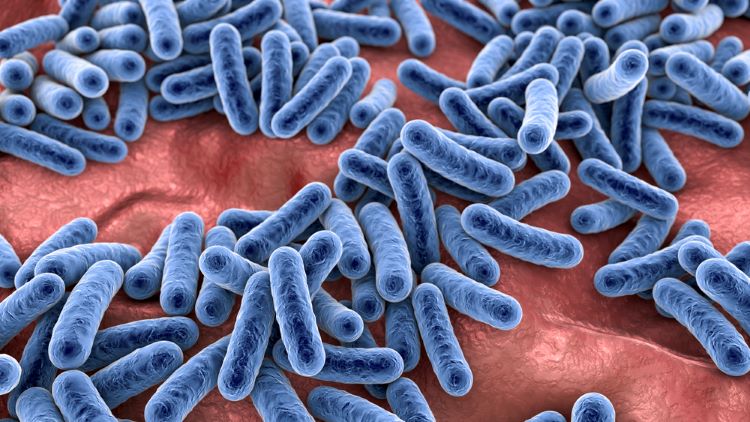

While we already have some cGMP manufacturing capacities, we are in the process of expanding them through a future plant which will exclusively focus on producing our microbiome therapies. It will be the first one in France and one of the largest facilities in Europe (+1,500 square metre site). The plant is set to be operational before the end of 2023.
What are the most promising microbiome therapeutics in clinical development?
Jeffrey Silber (JS): The most exciting news for the field over the past year has been FDA approval of the first two donor-derived microbiome-directed agents. For the first time, patients in the US who are suffering with recurrent CDI have an alternative to repeated rounds of antibiotics and FMT. The sheer volume of microbiome studies is another key trend. These include investigating the role of diet, fibre, exercise, FMT and related formulations, prebiotics, and defined bacterial consortia across a plethora of diseases, across the lifespan. The next exciting targets for microbiome manipulation could possibly come to us from the outcomes of these studies.
Growing evidence have highlighted the importance of the microbiota-gut-brain axis and the impact of the gut microbiome in brain diseases”
HA: Another area where microbiome-based therapies show promise is in oncology. Researchers and companies are exploring a variety of approaches to leverage the microbiome in cancer therapy, such as using microbiome-based therapies to enhance the efficacy of cancer immunotherapy or exploring the potential of the microbiome to serve as a biomarker for cancer diagnosis and prognosis.
Growing evidence have highlighted the importance of the microbiota-gut-brain axis and the impact of the gut microbiome in brain diseases, and especially shedding some light on the role of the gut microbiome, linking abnormalities to diseases such as Amyotrophic lateral sclerosis (ALS), also known as Lou Gehrig’s disease. In January 2023, MaaT announced that it was expanding clinical research with a Phase Ib trial in France in ALS.
Can you share an update on some of your clinical trials in microbiome therapies?
HA: MaaT Pharma is developing microbiome therapies to address severe medical needs, especially in oncology. With two clinical assets and several others in preclinical development, we have divided our pipeline focus into two segments: haematology oncology and immuno-oncology, and more recently in neuro-degenerative diseases, as previously mentioned.
Our lead candidate MaaT013, a donor-derived, standardised, high-richness, high-diversity MET is currently being evaluated in a Phase III trial (ARES) in Europe and in an Early Access Program in Europe, mostly in acute Graft-versus Host Disease (aGvHD), a severe complication following stem cell transplantation. Positive topline data from Phase IIb trial and data from 81 patients with aGvHD in Early Access Program have been presented at American Society of Hematology (ASH) annual meetings, respectively in 2021 and 2022.
Our second candidate, MaaT033, is a donor-derived, standardised, high-richness, high-diversity MET for oral administration, currently being developed as an adjunctive and maintenance therapy to improve overall survival in patients receiving hematopoietic stem cell transplantation (HSCT). In a Phase Ib trial it showed increased gut microbiota richness following treatment. It was well tolerated and showed promising anti-tumour activity in relapsed/refractory multiple myeloma (RRMM) patients.
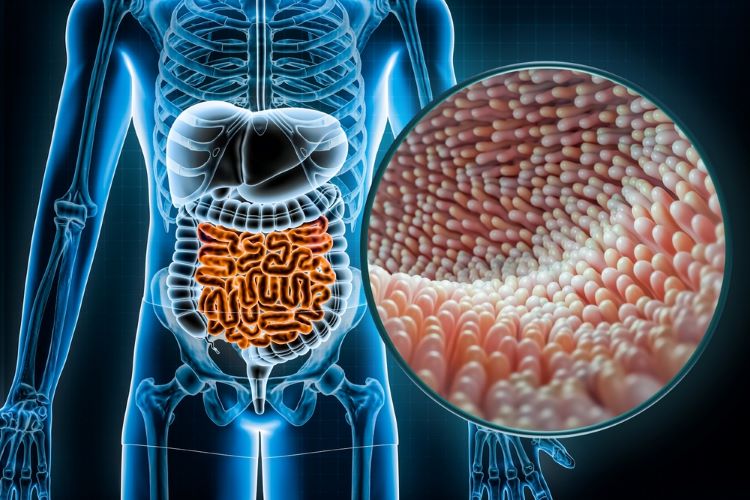

For solid tumours, we are currently investigating the effect of MaaT013 in solid tumour (melanoma) in a Phase II trial sponsored by AP-HP.
MaaT Pharma are designing the next generation of microbiome ecosystem therapies set to be co-cultured (donor free) indication-specific product candidates aiming to improve response to ICI.
JS: At Vedanta Biosciences we are currently working to begin VE303’s Phase III clinical study for the prevention of recurrent C. difficile infection by the end of 2023 and will be announcing first patient dosed in the Phase II clinical trial of VE202 for ulcerative colitis (UC) shortly too.
The biggest lesson from developing VE303 as a microbiome therapeutic was the extent to which dose matters is essential. Bacteria can double every 30 minutes or less. One might think that although a lower dose may need a bit of time to ‘catch up’ to a higher dose, it would be equally efficacious overall.
However, we observed dose-dependent colonisation across Phase I studies and in Phase II. A five-fold difference in VE303 dose did not just lead to an approximately six-fold difference in colonisation abundance. It determined the difference between an efficacious and an inefficacious dose. This lesson will be critical as we advance other defined consortia in our pipeline.
How do you envision microbiome therapies complementing existing cancer treatments, such as chemotherapy and immunotherapy?
the gut microbiome has gained recognition for its role in multiple aspects of cancer treatment and has been linked to increased responses to checkpoint inhibitors”
HA: Patients with haematologic malignancies such as leukaemia receive intensive chemotherapy, stem cell transplantation and broad-spectrum antibiotics, which can create a state of dysbiosis, ie, an imbalance in the gut microbiota (the opposite of symbiosis). This dysbiosis leads to inflammation and infections, resulting in a negative impact on the patient’s health and the efficacy of treatments.
In immuno-oncology, the gut microbiome has gained recognition for its role in multiple aspects of cancer treatment and has been linked to increased responses to checkpoint inhibitors. Immunotherapies can compromise the diversity and complex interactive networks in the microbial ecosystem and therefore play a role in activating or deactivating the patient’s immune response leading to variable outcomes of melanoma treatment.
Recently, several studies have suggested that gut microbiota diversity and richness are predictors of response to ICI treatment2 in patients with solid tumors. Notably, in two recent studies conducted in melanoma patients3, faecal microbiota transfer from ICI therapy responders could overcome resistance to that same therapy in non-responders.
By restoring the immune homeostasis in patients with cancer, we believe that microbiotherapies will become a new pillar in cancer treatment”
By restoring the immune homeostasis in patients with cancer, we believe that microbiotherapies will become a new pillar in cancer treatment, alongside radiotherapy, conventional chemotherapy, monoclonal antibodies, small molecules, and immunotherapies.
What will most impact the future development of microbiome therapies?
The biggest impact over the next several years would come from microbiome-directed therapies moving beyond prevention of recurrent C. difficile infection”
JS: The biggest impact over the next several years would come from microbiome-directed therapies moving beyond prevention of recurrent CDI, where success rates are consistently high, and are demonstrating a clear, reliable impact on the course of an immune-mediated disease such as ulcerative colitis (UC). Trials of faecal microbiota transplantation (FMT) have demonstrated proof-of-concept in UC.
However, the results are highly donor-dependent, with some donors providing better-than-biologics results and many others looking just like placebo. A more consistently efficacious microbiome-directed approach, through identification of ‘super-donors’ or administration of rationally designed, defined consortia, would be a game-changer.
About the interviewees




References
- European Health Union: Commission proposes pharmaceuticals reform for more accessible, affordable and innovative medicines. [Internet] European Commission. 2023. [cited 2023June]. Available from: https://ec.europa.eu/commission/presscorner/detail/en/IP_23_1843.
- Routy B. Matson, Gopalakrishnan V. et al. Science 2018 Available from: https://pubmed.ncbi.nlm.nih.gov/29302014/.
- Davar D. et al, Science, 2021 ; Baruch EN et al., Science, 2021.
Related topics
Biologics, Biopharmaceuticals, Clinical Development, Clinical Trials, Drug Development, Drug Manufacturing, Industry Insight, Interviews, Microbiology, Microbiomes, Regulation & Legislation, Research & Development (R&D), Technology, Therapeutics
Related organisations
Related drugs
Related people
Hervé Affagard (MaaT Pharma), Jeffrey Silber (Vedanta Biosciences)





